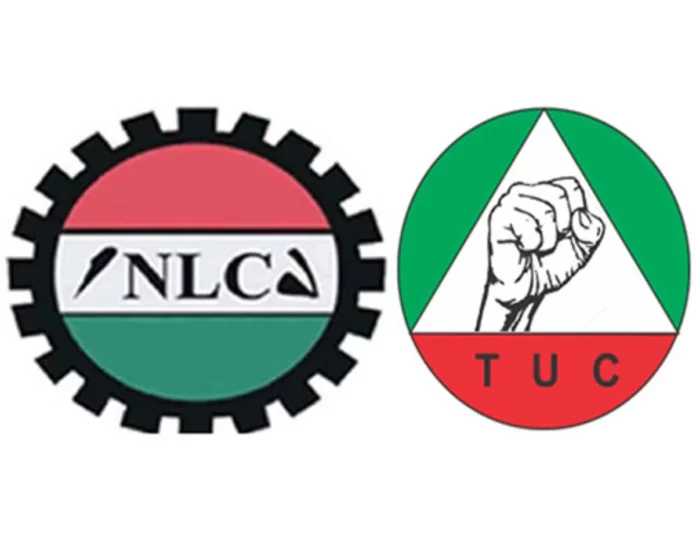Nigeria has one of the most vibrant trade union movements in Africa, but it needs to organise better. This was highlighted early last year when over 200 staff at the Central Bank of Nigeria were dismissed. Some forty then resorted to legal action and the case is still in court.
There are a number of public sector organisations where the workers are denied the fundamental human right to join and organise in trade unions. These include the security services, the armed services, police, DSS, EFCC, IPCC, Federal Road Safety etc. But it also includes other organisations that previously had this right including the Customs and Excise Department, the Immigration Department, the Nigerian Security Printing and Minting Company Limited, the prison services and the Central Bank of Nigeria. This means that trade union organisation is banned in more government departments in Nigeria than almost any other country.
The Nigerian Constitution’s Chapter IV, section 40, guarantees the right to freedom of association, which includes specifically the right to form trade unions.
Police, prison and traffic staff have a trade union in South Africa, the Police and Prisons Civil Rights Union [POPCRU]. Prison staff in Mali planned as strike in October last year.
Some workers have come together to develop new trade unions, for example for Uber drivers and other app based taxi drivers, security staff (including those out-sourced from public sector organisations) and workers in private schools.
The trade union movement needs to take more robust action to protect the democratic rights of working peoples to be a member of a trade union.
For more information on this topic see:
https://socialistlabour.com.ng/banning-of-trade-union-organisation-in-certain-government-departments-and-services/






